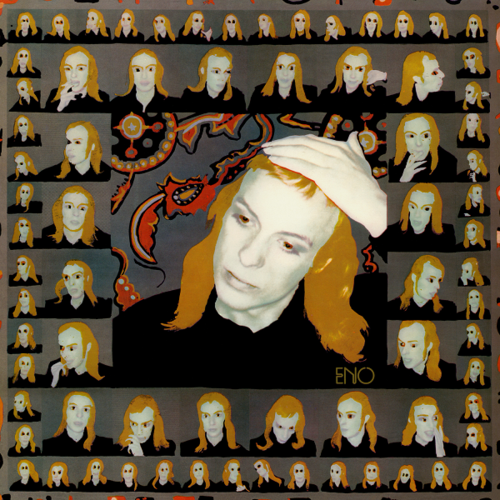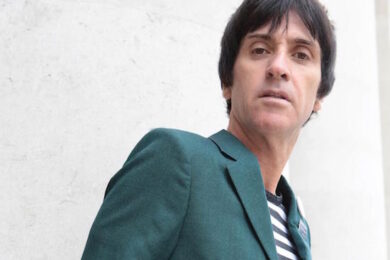11. Brian EnoTaking Tiger Mountain (By Strategy)

A little like David Bowie and his influence, with me being a teenager during the 70s meant I never stopped being affected by Brian’s music. If you were a big Brian fan, you would get into a cast of characters – be it T. Rex or Roxy Music or Bowie – and you followed the connections of those artists.
Eno managed to stay really intriguing. When Eno’s first album – Here Come The Warm Jets – came out, it was a record you only had if you were in the know. It was obscure and underground but I had never gotten into it. I had a couple of friends who were Roxy freaks and bought everything and anything to do with the band and I had a best mate who was obsessed with Taking Tiger Mountain (By Strategy) and was playing it all the time. I got to know it really well and it has connected to a lot of records that I like. Arguably, Taking Tiger Mountain (By Strategy) was the blueprint for Wire. It was the blueprint for David Bowie’s later records and you can hear the proto-Talking Heads on that record.
People forget that Eno was omnipresent in the late 70s on collaborations with Bowie, Talking Heads and Devo. If you listen to Taking Tiger Mountain (By Strategy) that makes complete sense. It sounds like all of those bands four or five years before they made similar stuff. ‘The True Wheel’ sounds like something off Scary Monsters and it is four or five years before. ‘Third Uncle’ sounds like Talking Heads many years before – so make of that what you will.
The idea of using the studio as an instrument, which has become commonplace now with people in their rooms on GarageBand, was a real innovation when Eno was doing it. There was no one else like him at the time. But, it is all about the listening experience and, like the Wire album, when I heard Taking Tiger Mountain (By Strategy) and listened to it a lot, it was everything rock music hadn’t been up until then. I was making note of that – it was anti-blues, it was anti-rock and it was anti-faux authenticity. It was a long, long way away from Laurel Canyon.
The album famously experimented with the Oblique Strategies method. Have you ever used Oblique Strategies while making your own music?
I have a box of Oblique Strategies. Bernard Sumner and I tried to experiment with Oblique Strategies for Electronic and that’s one of the reasons why we took three years to make a record!


